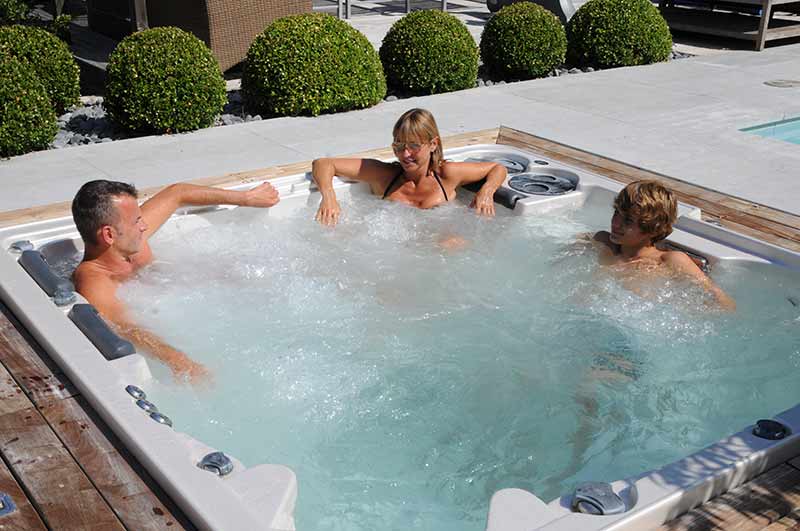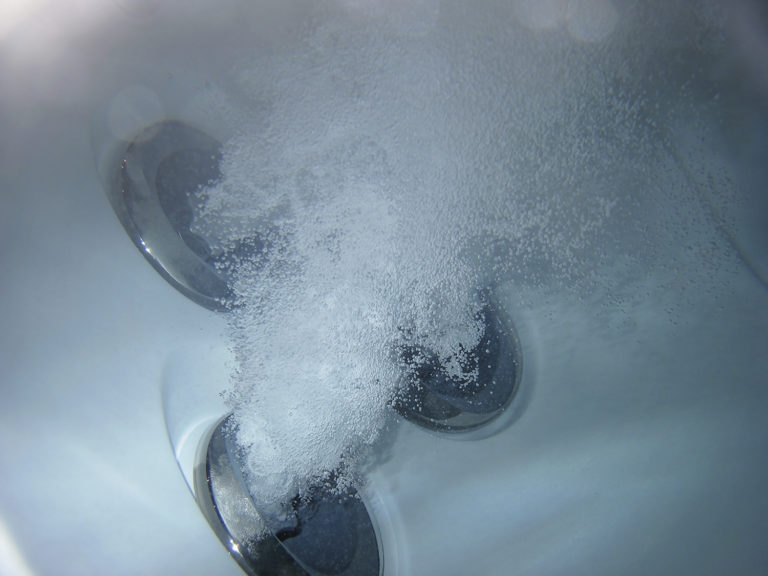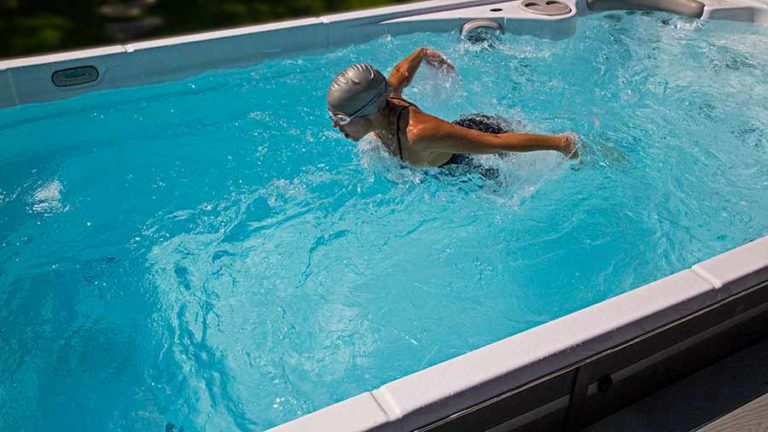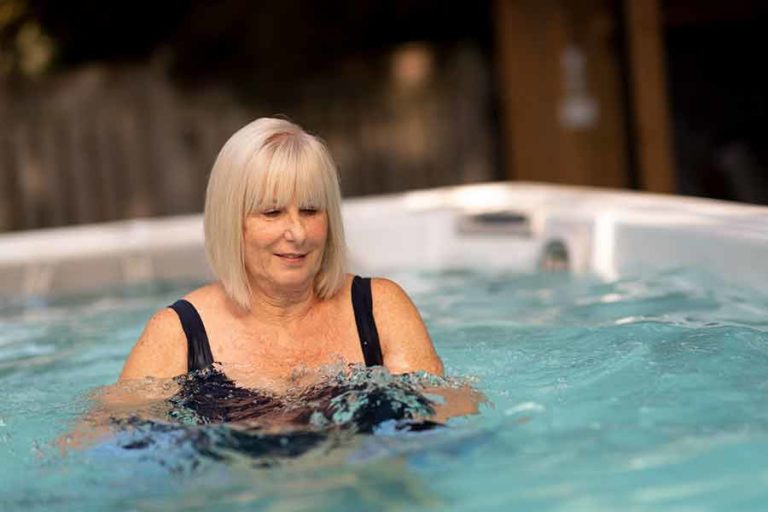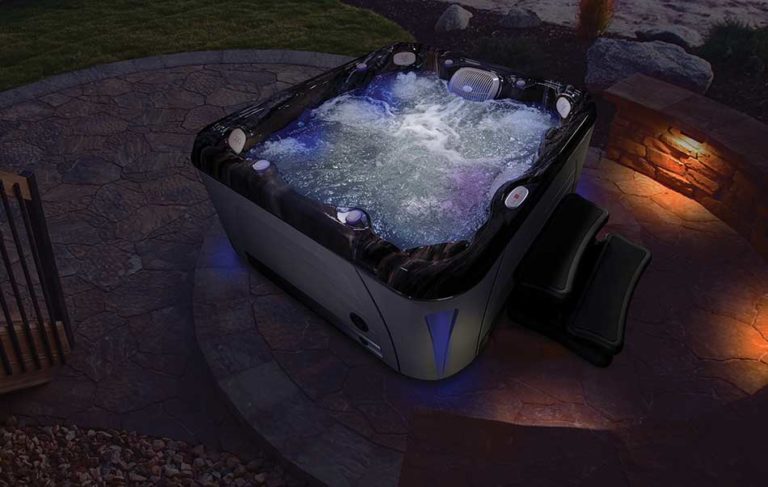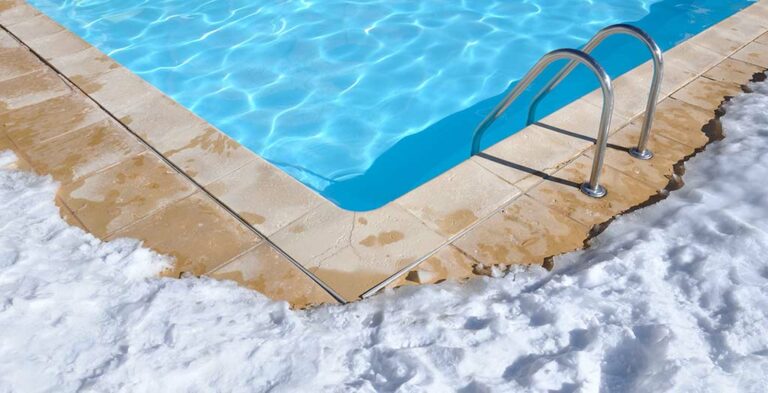Is Bromine Better for Sensitive Skin?
Hot tub owners will often search for an alternative ‘gentler’ primary sanitiser to Chlorine, in the belief that it is too harsh on the skin.
Skin reactions are often blamed on the hot tub chemicals being used, with Chlorine often being cited as the cause.
Bromine is a good alternative to try if skin sensitivity is an issue for one or more of your bathers, and you are following a good water care programme (read our article about water testing and care here).
Disadvantages of Bromine
Bromine tends to be more expensive than chlorine disinfectants however many of the advantages of bromine outweigh the disadvantages.
It is very active and therefore it typically requires slightly higher levels in water to become reactive.
Bromine sensitivity
In rare cases, bathers can have an intolerance to Bromine which is often confused with Folliculitis (caused by the germ Pseudomonas Aeruginosa).
Folliculitis is often referred to as ‘hot tub rash’, and is frequently blamed on hot tub chemicals whereas it is in fact caused by badly neglected hot tub water.
The skin’s reaction to Bromine can have a similar visual appearance to Folliculitis (possibly a little less aggressive), however the main difference is after a period of a few days (up to 7 days) the skin will improve and the rash will only reactivated if it comes in contact with Bromine again. Folliculitis, on the other hand, will require medical investigation and treatment.
Which is safer, Bromine or Chlorine?
If both products are used as instructed by the packaging dosing instructions then both are perfectly safe to use in hot tub or swim spa water.
You must completely drain your water and thoroughly clean your hot tub before switching from Chlorine to Bromine, and vice versa.
What Hot Tub Shock is suitable for sensitive skin?
Typically Non Chlorine Oxy Shock is more suitable for sensitive skin. Try to avoid over dosing bromine or chlorine as they have a drying impact on the skin when applied in high levels.
Facts about Bromine
- Bromine is more stable than Chlorine, this means that in warmer water Bromine is less likely to dissipate in the water, whereas Chlorine will leave the water quicker as the temperature rises.
- Both Bromine and Chlorine effectively oxidise pollution in the water.
- Bromine dissolves easily in water to create Hypobromous acid which creates bromide atoms.
- Bromine was discovered in 1825 by the German chemist, Carl Löwig.
- Bromine is found in sea water with a typical concentration of 65PPM however the concentrates of bromine in brine are much higher between 2500 – 10,000PPM. The Dead Sea is a very good example of very high concentrations of brine and is an excellent source of Bromine.
- Bromine dissolves three times quicker in water than Chlorine.

